What You Should Eat Before A Swim
- 16 Feb 2022

Race season is approaching quickly, and eating before a race can be tough due to nerves. Whether you’re training for a competition, or putting the strokes in to manage fitness, make sure that your fuel stores are primed while avoiding discomfort in the pool with these tip tips.
Swimming provides a good workout for the whole body and is a great way to keep fit and healthy. It is a competitive sport, and training for it can involve a mixture of endurance and sprint training, depending on the distance. Competition races can last anywhere between 20 seconds and 15 minutes, containing multiple heats over the course of the day. This places unique considerations on how swimmers should fuel the body for training. Fuelling your body before a swim can be a challenge to ensure you are eating properly and at the right times to help develop your strength and cardio.

How long after a meal should you wait before swimming?
Everyone has different comfort levels when it comes to eating around swimming, so it is important to experiment with what works for you and your body. In general. Allow 2-4 hours before you swim to allow for digestion of a larger meal, and 30 minutes to 2 hours for a smaller snack.
High Glycaemic Index foods (GI) are quickly broken down and are more readily available for energy. These make for great quick snacks, before, during, or after training. Lower GI foods give a slower release of energy and should be the focus of your main meals during training. In general, main meals should include foods with low-GI carbohydrates and have moderate protein and fats.
Work and other commitments may determine when you can get in the pool, resulting in just being able to have a small snack before your swim. For energy boosting snacks, try to focus on smaller, higher GI carbohydrate foods which will be quickly absorbed and cause less strain on the gut.
Good options for this are:
- Isotonic sports drinks
- 1 large banana
- 1.5 carbohydrate energy gels
- 1 large cereal bar or carbohydrate based energy bar (low fibre)

Should I eat before an early swim? What should I eat?
You should eat when it is possible before your morning swim, especially if it is a longer duration swim or high intensity session. If you train on an empty stomach, you might find you tire quickly. Many recreational or competitive swimmers find eating before swimming difficult. Many experience reflux or even nausea once in the pool.
If you are an early riser and get out of bed two hours before your swim, you could eat porridge, muesli, banana yoghurt pots or even blueberry pancakes.
If you get straight out of bed, try energy boosting snacks. If you can’t eat before a swim, or prefer not to eat, try increasing your evening meal, the night before, to include more carbohydrates so the energy will be stored and will be ready for your morning swim.

What should I avoid eating before swimming?
In the 2-4 hours before swimming, you should try to limit: excess fibre, excess fatty foods, excess caffeine intake, spicy foods, and alcohol. These are known to cause bowel upsets that can make you feel nausea whilst swimming.
In the hour before a swim, focus on snacks that are smaller that can be easily absorbed and contain limited amounts of fibre. Any high GI snacks will help you be prepared for your swim.
At Proswimwear, we offer MyProtein bars which have no sugar and high fibre, it is a good snack to have before swimming and leaves you with lots of energy to perform your best! They can help with muscle gain and repairing muscle after a workout. These also help to increase your protein intake to hit nutritional goals without having to consume vast amounts of food containing protein and paying a fortune.
https://www.proswimwear.co.uk/nutrition-hydration/nutrition-and-hydration/after.html


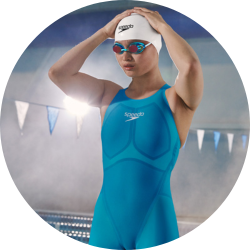

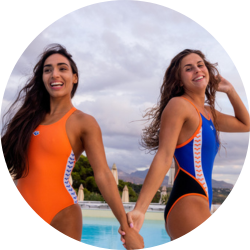

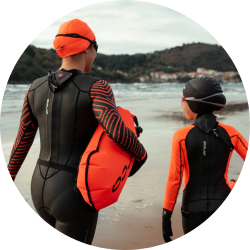

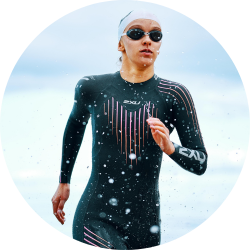
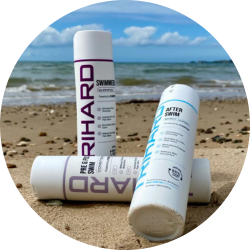
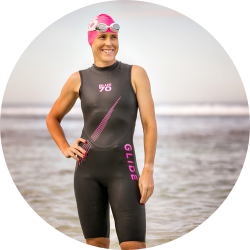
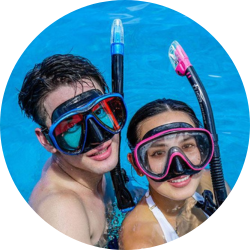
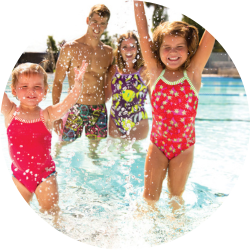
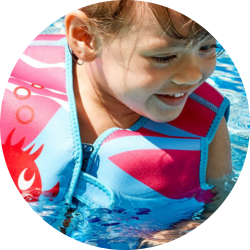
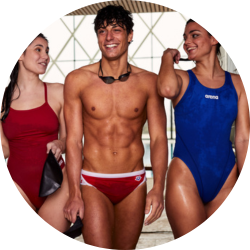
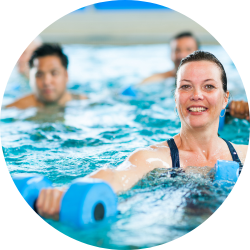































































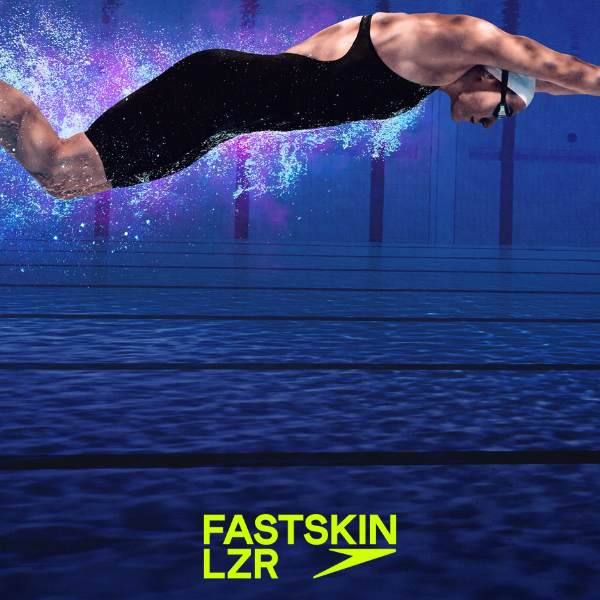
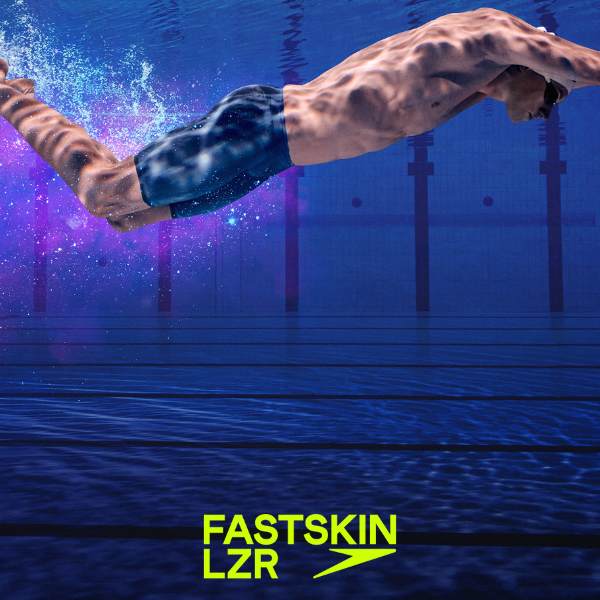








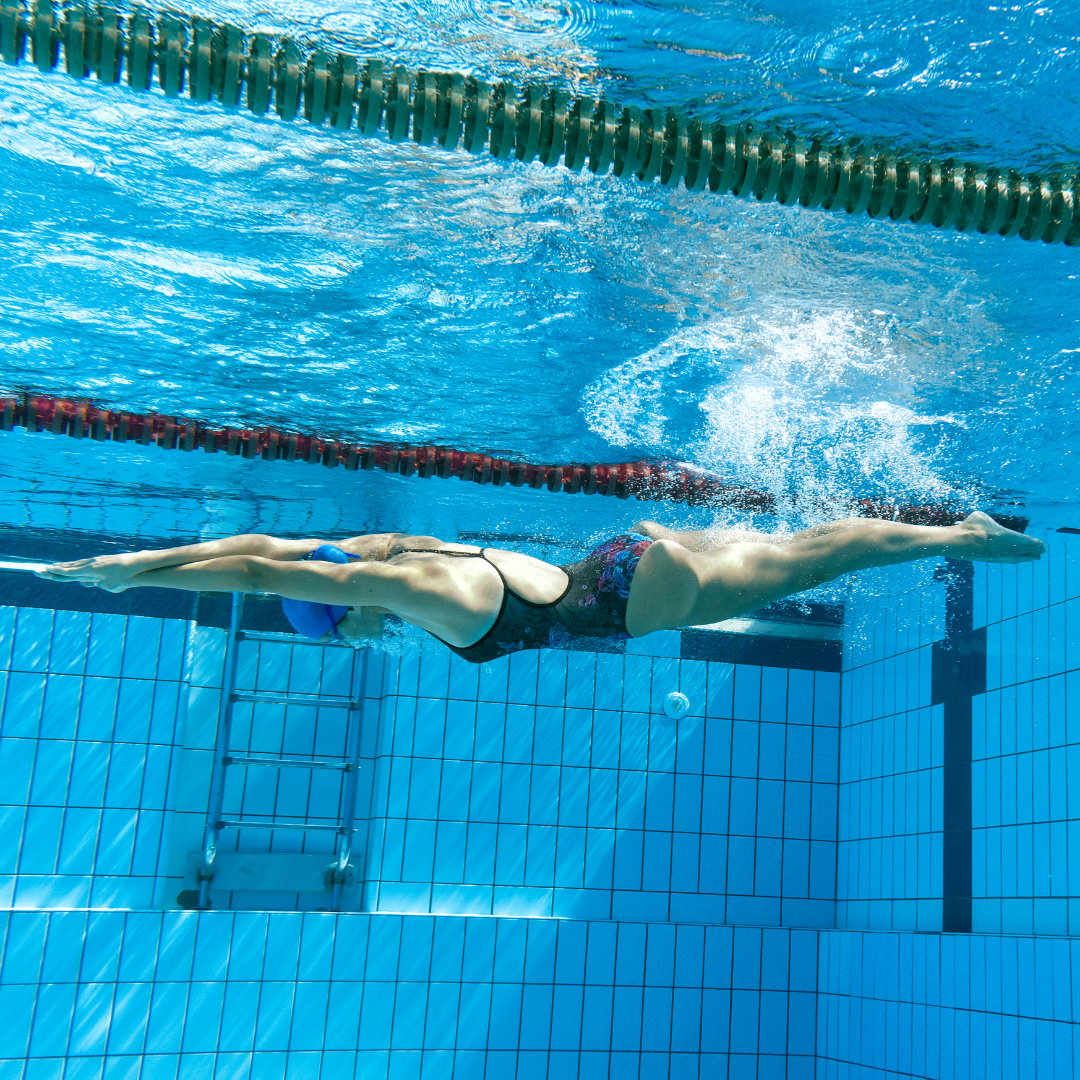



Validate your login